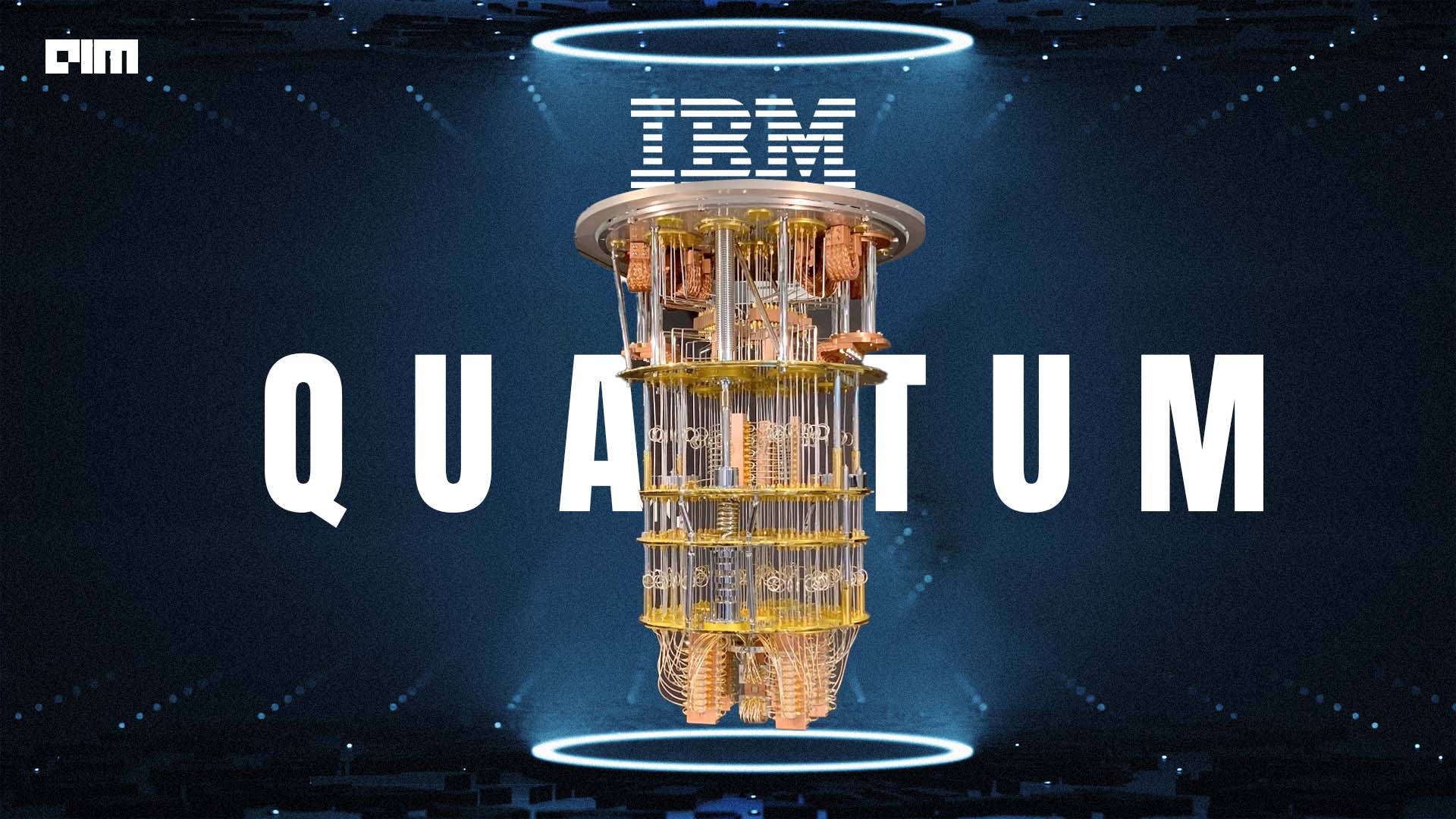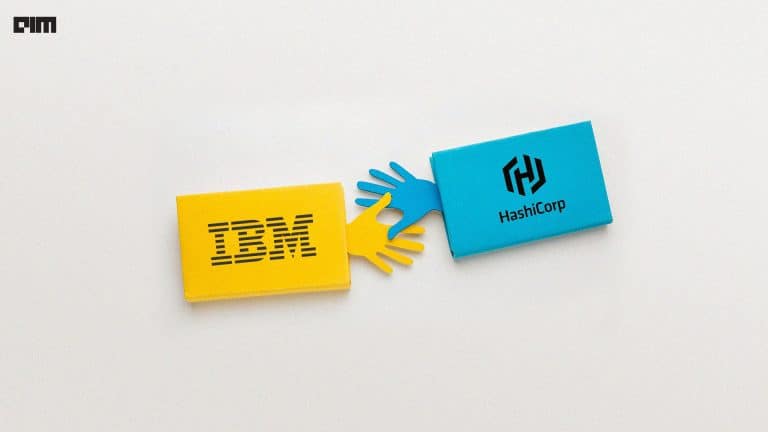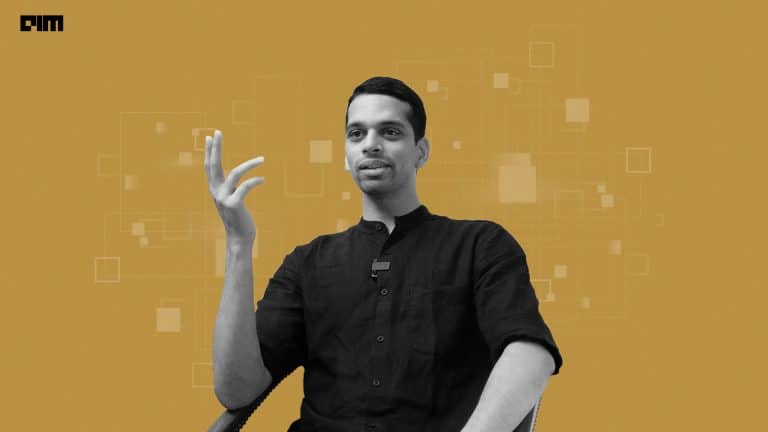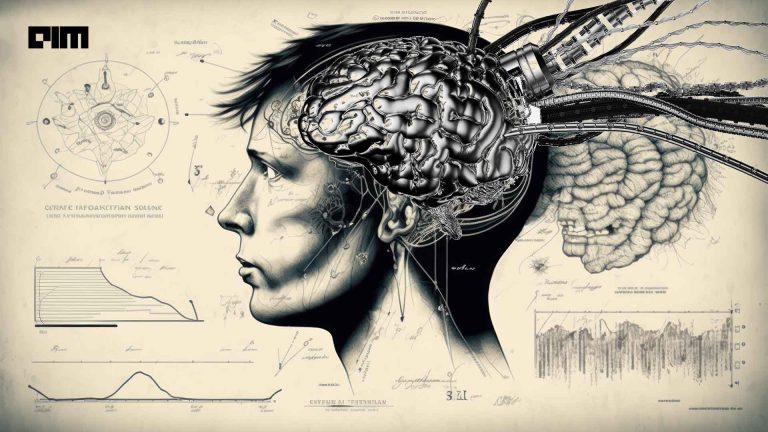|
Listen to this story
|
Recently, researchers said that quantum provides no practical speed-up when compared to classical systems. Theoretical physicist Xavier Waintal, who was part of the study, said there is no reason to believe that quantum will have an advantage, and maybe if we are lucky, it will be faster for some problems. However, IBM announced a recent breakthrough experiment which indicates that quantum computers will soon surpass classical computers in practical tasks.
IBM, in collaboration with UC Berkeley researchers, announced that they have experimented with methods to manage some of the problems of computation. The team developed ‘error-mitigating’ techniques to overcome quantum noise, which introduces errors in calculations. The researchers were able to perform calculations using all 127 qubits of the Eagle processor, thereby making it the largest reported experiment of its kind.
Through the experiment, IBM was able to successfully measure accurate expectation values for complex circuit volumes, surpassing the capabilities of classical brute-force computation, thereby providing evidence for the usefulness of quantum computing even before achieving fault tolerance. The results were possible because of advancements in coherence and calibration of a superconducting processor at this scale, as well as the ability to control and characterize noise across such a large device. It was noted that in situations involving strong entanglement, the quantum computer produced correct results that exceeded the capabilities of leading classical approximation methods.
The experiment is considered a crucial development towards quantum algorithmic design. Abhinav Kandala, manager of quantum capabilities and demonstrations at IBM Quantum, explained that the key breakthrough was ‘to manipulate noise beyond pulse stretching’. This enabled them to perform more complex extrapolations, effectively reducing the influence of noise bias in a way that was not possible before.
Zero Noise Exploration (ZNE) – way to fix errors in quantum systems by increasing and evaluating the noise at different levels and then using extrapolation to understand what the system would be like without any noise
Haven’t Found Answers for Everything
Though quantum computational time is minimal, each quantum calculation can be unreliable. Fluctuations of quantum noise induce errors, and the path towards advancements in quantum computing is only through error corrections.
Error correction in quantum computers is believed to be years away as better processors will be required to process more qubits. If it can detect and correct calculation mistakes, the biggest problem can be addressed. According to IBM, error mitigation is an interim solution that continues to remain a long-term goal.
In order to assess the practical value of quantum computing, researchers created a classical algorithm and compared it to a quantum-inspired algorithm that emulates Grover’s algorithm on a classical computer. The results indicated that even if the error rate could somehow be reduced by a factor of 10,000 (which is an overly optimistic claim), achieving the anticipated theoretical advantage of quantum computing would still require an enormous amount of computing time.
Why Do We Need Quantum
In 2019, Google researchers claimed that their quantum computers completed a calculation in 3 minutes 20 seconds which would take 10,000 years on a traditional supercomputer. However, some researchers disputed the claim stating that the problem was artificially created and had no real-world applications. In addition, a team of Chinese researchers accomplished the same calculation on a non-quantum supercomputer in a little over five minutes and proved Google’s estimated time of 10,000 years wrong.
Classical or digital computers work with information in the form of bits that are either 1 or 0. Whereas, a quantum computer operates on quantum bits or qubits that is said to hold a more complex state of information. Pulling parallels to the famous Shrödinger’s cat experiment, just as how a cat can be both dead and alive, a qubit can be both 1 and 0 simultaneously. This allows quantum computers to do multiple calculations at the same time, and by speeding computation, quantum computers can potentially solve big and complex problems across fields.
As opposed to classical computing, where calculations are deterministic, in quantum computing, the calculations are probabilistic and there can be multiple possible outputs to the same input. However, this leads to high errors, one of the biggest drawbacks of quantum computing. Quantum computing is laden with errors in the form of noise, faults and loss of quantum coherence, which can fail before it can run to completion.



















































































